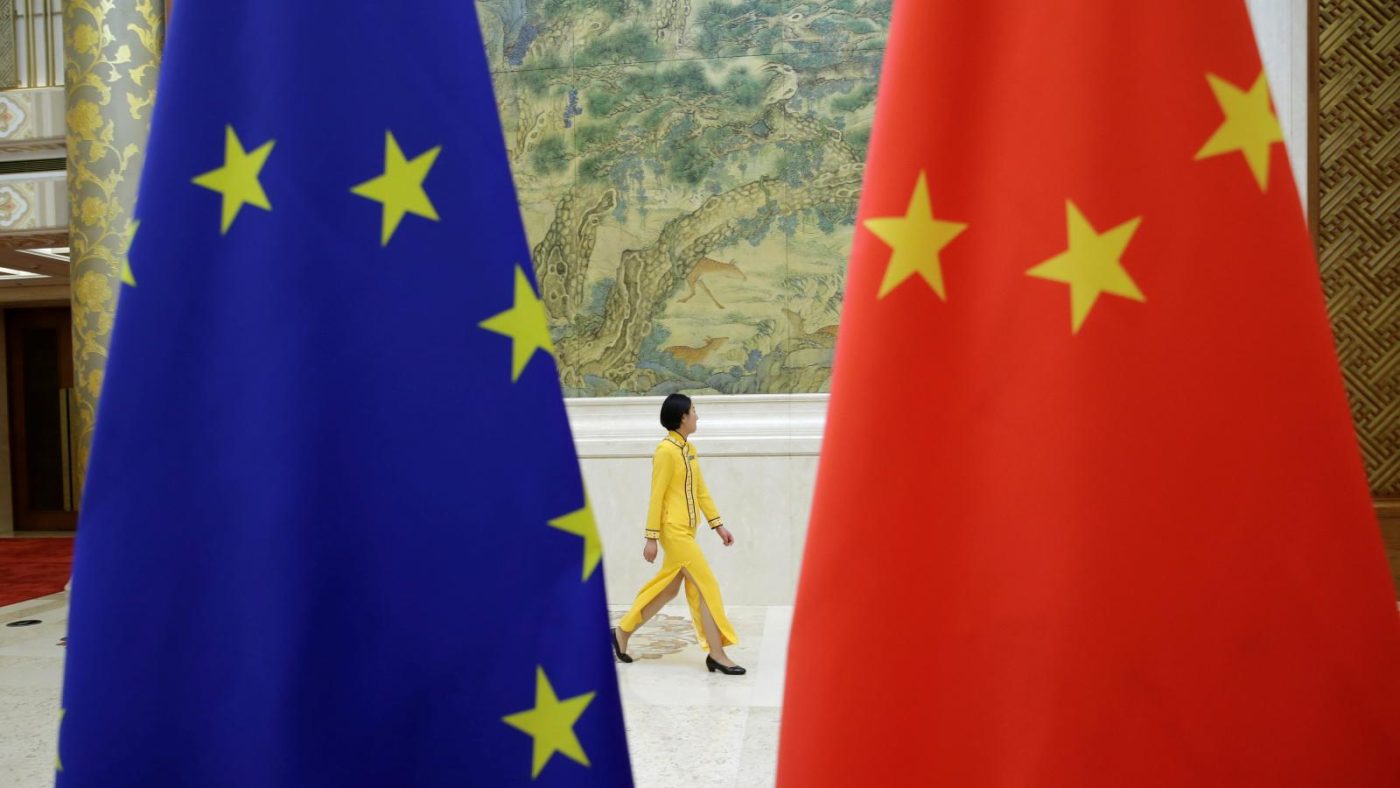The authorities in Beijing are reaching for their dictionary of insults again. A Taiwanese delegation is touring Europe this week, visiting the Czech Republic, Slovakia, and Lithuania. Joseph Wu, the island democracy’s foreign minister, has official meetings with Miloš Vystrčil, the speaker of the Czech Senate, and Prague Mayor Zdeněk Hřib. Mainland Chinese officials are watching Wu’s “scuttling about” closely, a spokesman said, threatening “necessary measures” against those who meet him.
The main lesson so far is that China’s rude words are not matched by deeds. A Czech delegation visited Taiwan in August, breaching the mainland regime’s ban on political contacts with what it regards as a rebel province. Nothing much happened. Much-touted diplomatic and trade sanctions have not deterred Lithuania, which this year spearheaded a revolt against the Chinese-led “17+1” framework for trade and investment with Europe’s poorer countries and plans to open a “Taiwan office” in Vilnius. The chair of the Taiwan Friendship Group in the Lithuanian Seimas (parliament), Matas Maldeikis, has announced plans to lead a delegation to Taiwan in December.
Lithuania is gaining support for what initially seemed like a lonely, risky stand. The European Parliament has demanded that the EU boost ties with Taiwan. In unusually tough and lucid remarks this week, the normally somnambulistic Josep Borrell, the European Union’s foreign-policy chief, described Taiwan as a “like-minded partner”, whereas mainland China is a “systemic rival”. He expressed solidarity with Lithuania. So too did the rather more impressive European Commission Vice-President, Margrethe Vestager. The United States wants Taiwan to participate “meaningfully” in United Nations bodies such as the World Health Organization and climate-change negotiations.
But talk is cheap. American attempts to counter mainland Chinese influence operations in Europe have a billion-dollar hole in them. That is what the then Secretary of State, Mike Pompeo, promised at the Munich Security Council in February 2019, for the Three Seas Initiative (3SI). This outfit is an admirable attempt to boost connectivity between the Adriatic, the Baltic and the Black Sea — roughly the same area covered by the Beijing-led 17+1.
The combination of American and European geopolitical backing and financial firepower should be irresistible. And the 3SI countries are making progress: a “golden weld” last week marked the near-completion of the new gas link between the Baltic states and Poland. A submarine power cable between Lithuania and Poland will be finished in 2025.
But the 3SI lacks clout and oomph, not least because the US has not made good on its promise. “We haven’t seen a dime” says a senior official in the region. The $1bn grant turns out to be a $300m loan. And even that faces legal hurdles before the money is paid out.
American officials respond irritably when pressed on this. Chinese ones are chuckling. The failure of the 3SI to gain momentum gives their project a breathing space. So far only Lithuania has formally withdrawn from the 17+1. Estonia says it will reduce its involvement “to a minimum”. Latvia says it prefers a 27+1 format, involving all the EU countries. Romania seemed to be considering a pull-out but has now wobbled.
This is a missed opportunity. Combining the symbolic — stronger ties with Taiwan — with the practical — boosting the 3SI – would be a really effective approach. It would show that the regime in Beijing cannot really tell other countries what to do. That would encourage other decision-makers to find and stiffen their spines in response to bullying. Isolationists in the United States would see that alliances matter: European countries can help in the great contest to constrain and compete with mainland China.
What is the administration waiting for?




